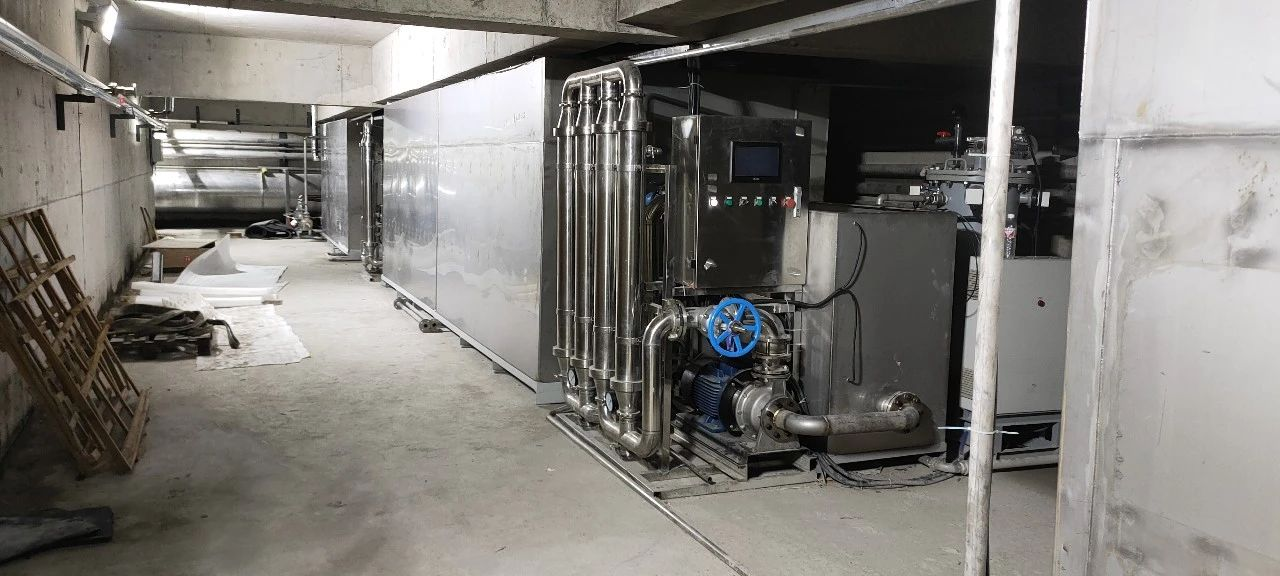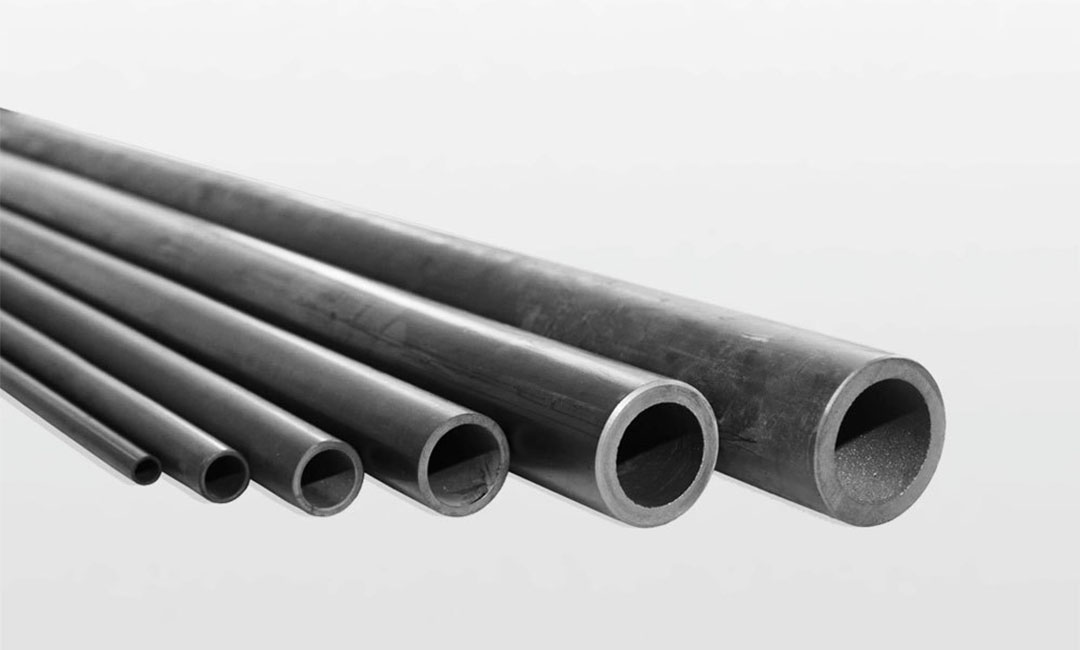Enhanced Durability and Longevity
Ceramic silicon carbide membranes have become increasingly popular in various industries due to their exceptional durability and longevity, especially in harsh environments. These membranes offer a range of advantages that make them a preferred choice for applications where traditional materials may not withstand the conditions.
One of the key advantages of using ceramic silicon carbide membranes is their enhanced durability. These membranes are made from a combination of silicon and carbon, which gives them superior strength and resistance to wear and tear. This makes them ideal for use in environments with high temperatures, corrosive chemicals, and abrasive materials.
In addition to their durability, ceramic silicon carbide membranes also have a longer lifespan compared to other materials. The unique properties of silicon carbide make it highly resistant to degradation, ensuring that the membrane remains intact and functional for an extended period of time. This longevity not only reduces maintenance costs but also minimizes downtime, leading to increased efficiency and productivity.
Furthermore, ceramic silicon carbide membranes are highly resistant to fouling, a common issue in membrane filtration systems. Fouling occurs when particles or contaminants build up on the membrane surface, reducing its effectiveness and requiring frequent cleaning or replacement. The smooth and non-porous surface of silicon carbide membranes prevents fouling, allowing for continuous operation without the need for frequent maintenance.
Another advantage of using ceramic silicon carbide membranes is their ability to operate at high temperatures. Traditional membranes may degrade or lose their effectiveness when exposed to extreme heat, limiting their use in applications where temperature control is crucial. Silicon carbide membranes, on the other hand, can withstand temperatures up to 800°C, making them suitable for use in processes that require high heat resistance.
Moreover, ceramic silicon carbide membranes are chemically inert, meaning they do not react with most chemicals or substances. This makes them ideal for use in applications where contact with corrosive materials is unavoidable. The inert nature of silicon carbide membranes ensures that they maintain their integrity and performance even in the presence of aggressive chemicals, acids, or bases.
In conclusion, the advantages of using ceramic silicon carbide membranes in harsh environments are clear. Their enhanced durability, longevity, resistance to fouling, high temperature tolerance, and chemical inertness make them a reliable and cost-effective solution for a wide range of applications. By choosing ceramic silicon carbide membranes, industries can improve efficiency, reduce maintenance costs, and ensure consistent performance in challenging conditions.
Improved Resistance to Corrosion and Fouling
Ceramic silicon carbide membranes have become increasingly popular in various industries due to their superior performance in harsh environments. One of the key advantages of using these membranes is their improved resistance to corrosion and fouling, making them ideal for applications where traditional membranes may fail.
Corrosion is a common issue in many industrial processes, especially in environments with high temperatures, acidic or alkaline solutions, and abrasive materials. Traditional membranes made of polymers or metals are susceptible to corrosion, leading to reduced efficiency and increased maintenance costs. Ceramic silicon carbide membranes, on the other hand, are highly resistant to corrosion, making them suitable for use in a wide range of harsh environments.
The unique properties of silicon carbide, such as its high hardness, thermal conductivity, and chemical inertness, make it an ideal material for membrane applications. These membranes can withstand extreme temperatures, aggressive chemicals, and abrasive particles without degrading or losing their performance. This superior resistance to corrosion ensures that ceramic silicon carbide membranes have a longer lifespan and require less frequent replacement compared to traditional membranes.
In addition to corrosion resistance, ceramic silicon carbide membranes also exhibit excellent fouling resistance. Fouling occurs when contaminants in the feed water accumulate on the membrane surface, reducing its permeability and efficiency. This can lead to increased energy consumption, decreased productivity, and higher operating costs. Traditional membranes are prone to fouling, requiring frequent cleaning and maintenance to maintain their performance.
Ceramic silicon carbide membranes have a smooth and hydrophilic surface that repels foulants, preventing them from adhering to the membrane and reducing the risk of fouling. The high mechanical strength of silicon carbide also allows for more aggressive cleaning methods, such as backwashing or chemical cleaning, without damaging the membrane. This self-cleaning property helps to maintain the membrane’s performance over time and reduces the need for costly maintenance procedures.
Furthermore, the high flux rates and low fouling propensity of ceramic silicon carbide membranes result in higher productivity and lower operating costs. These membranes can operate at higher pressures and temperatures, allowing for more efficient filtration processes and increased throughput. The reduced fouling also means less downtime for cleaning and maintenance, leading to higher overall system efficiency and lower operating expenses.
Overall, the improved resistance to corrosion and fouling of ceramic silicon carbide membranes makes them a superior choice for applications in harsh environments. Their durability, longevity, and low maintenance requirements make them a cost-effective solution for industries such as water treatment, oil and gas, chemical processing, and pharmaceuticals. By investing in ceramic silicon carbide membranes, companies can improve their operational efficiency, reduce downtime, and achieve higher quality filtration results in even the most challenging conditions.
Higher Efficiency and Lower Maintenance Costs
Ceramic silicon carbide membranes have become increasingly popular in various industries due to their ability to withstand harsh environments and provide higher efficiency compared to traditional membrane materials. One of the key advantages of using ceramic silicon carbide membranes in harsh environments is their durability and resistance to corrosion, making them ideal for applications where traditional membranes may fail.
In industries such as wastewater treatment, desalination, and chemical processing, where the operating conditions can be extremely challenging, ceramic silicon carbide membranes offer a reliable solution that can withstand high temperatures, aggressive chemicals, and abrasive materials. This durability not only extends the lifespan of the membranes but also reduces the need for frequent replacements, resulting in lower maintenance costs and downtime.
Furthermore, ceramic silicon carbide membranes have a higher filtration efficiency compared to other membrane materials, such as polymeric membranes. The unique structure of silicon carbide allows for a more uniform and precise filtration process, resulting in higher permeate quality and reduced fouling. This increased efficiency translates to lower energy consumption and operating costs, making ceramic silicon carbide membranes a cost-effective solution for industries operating in harsh environments.
Another advantage of using ceramic silicon carbide membranes is their versatility and adaptability to different operating conditions. Whether it is high temperatures, extreme pH levels, or abrasive materials, ceramic silicon carbide membranes can be customized to meet the specific requirements of each application. This flexibility allows industries to optimize their filtration processes and achieve higher productivity without compromising on performance.

Moreover, ceramic silicon carbide membranes are easy to clean and maintain, further reducing operational costs and downtime. The smooth surface of silicon carbide membranes prevents fouling and scaling, making them easier to clean compared to traditional membranes. This not only extends the lifespan of the membranes but also ensures consistent performance over time, resulting in higher efficiency and reliability.

In conclusion, the advantages of using ceramic silicon carbide membranes in harsh environments are clear. Their durability, resistance to corrosion, higher filtration efficiency, and versatility make them an ideal choice for industries looking to improve their filtration processes and reduce maintenance costs. By investing in ceramic silicon carbide membranes, industries can achieve higher efficiency, lower operating costs, and increased productivity, ultimately leading to a competitive edge in today’s challenging business environment.

